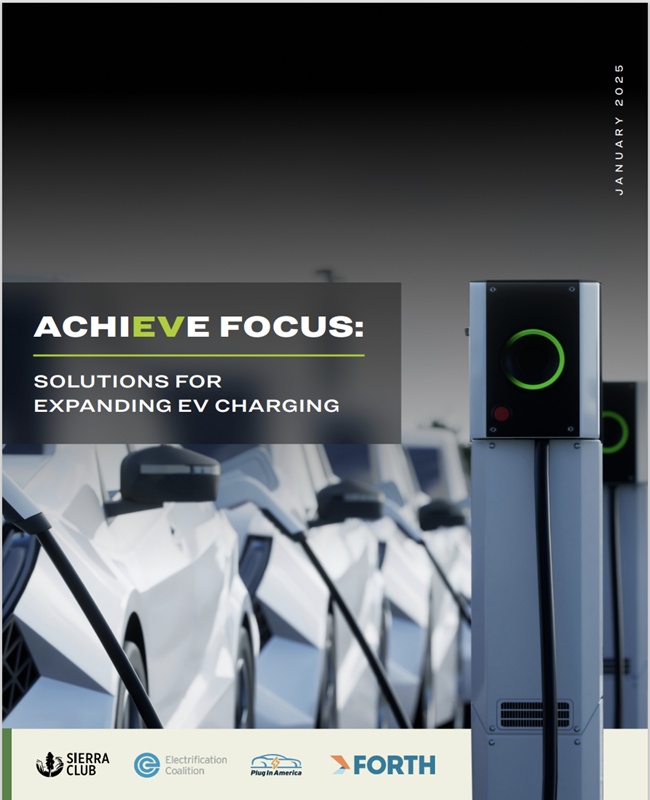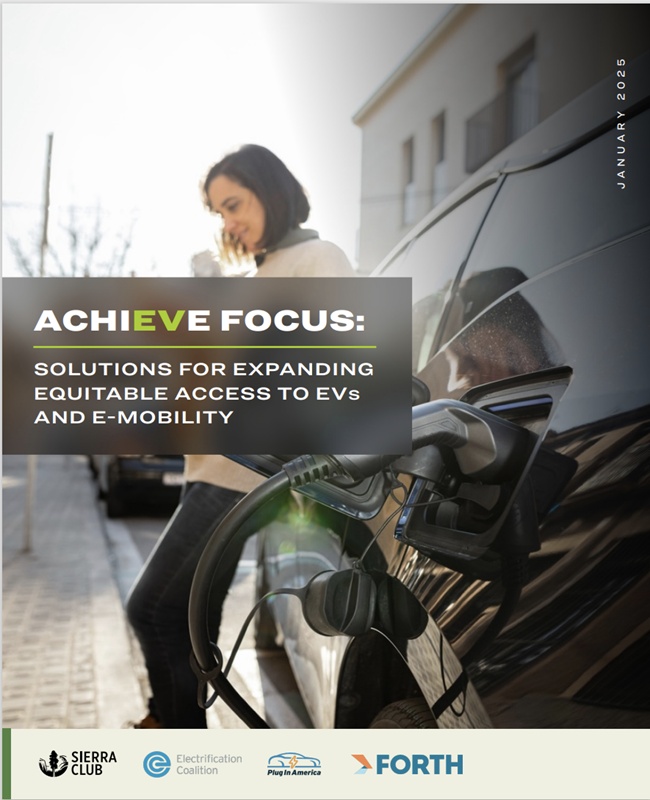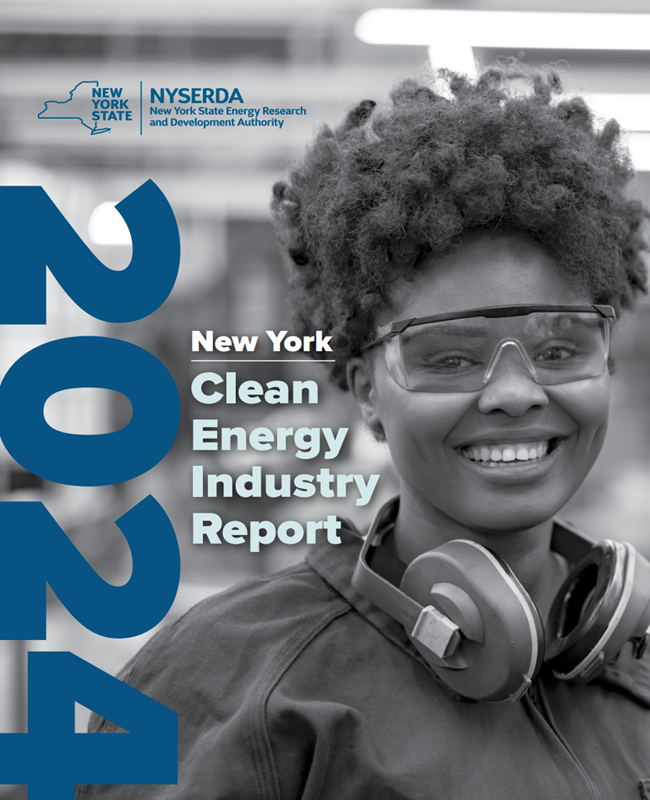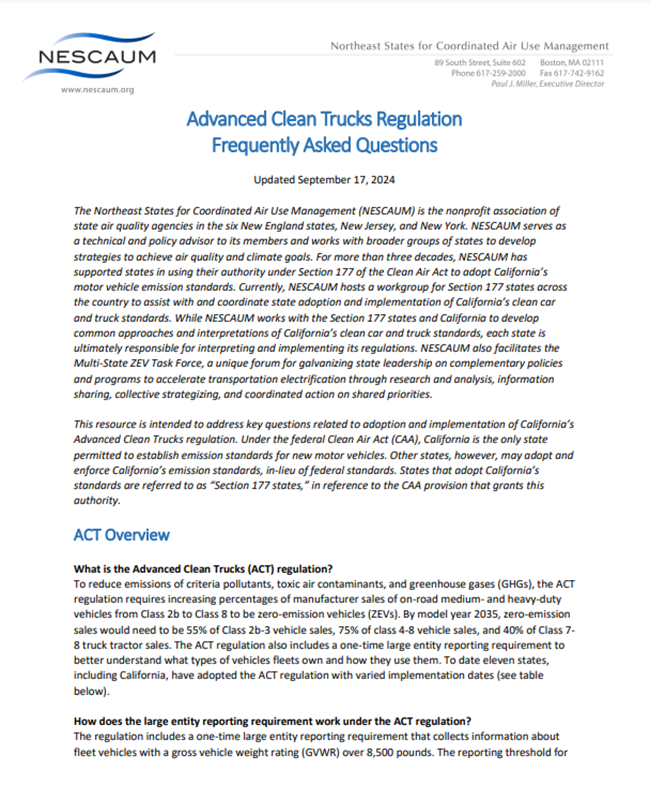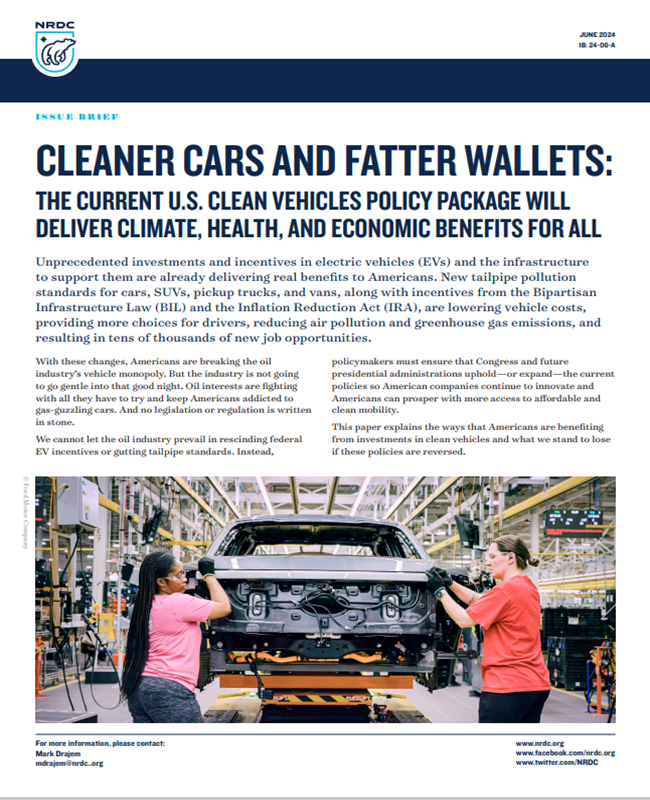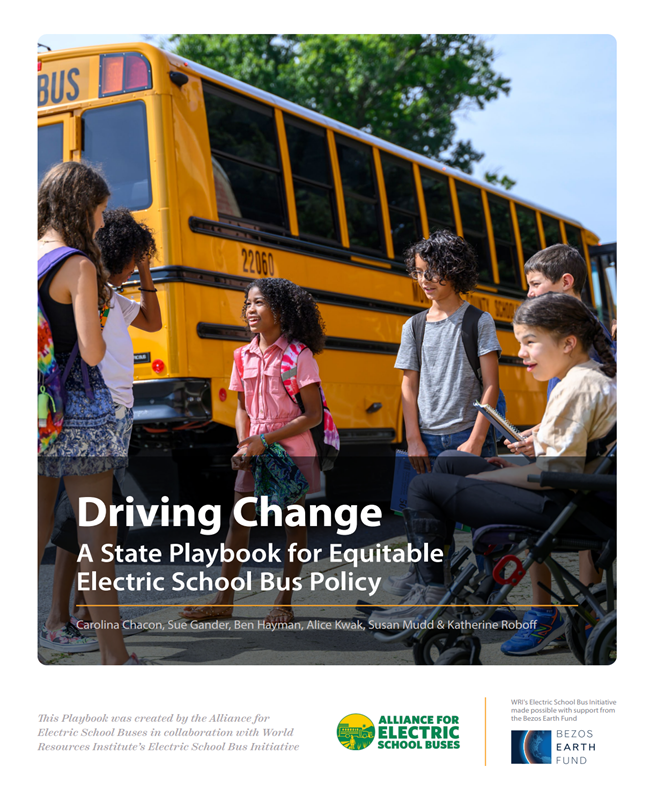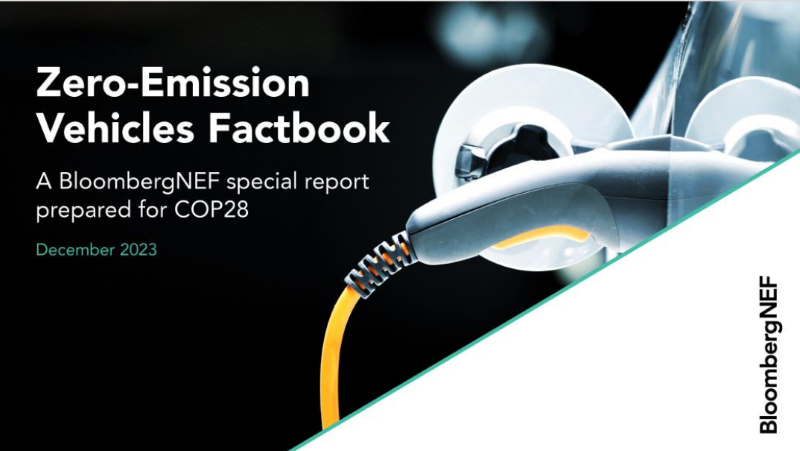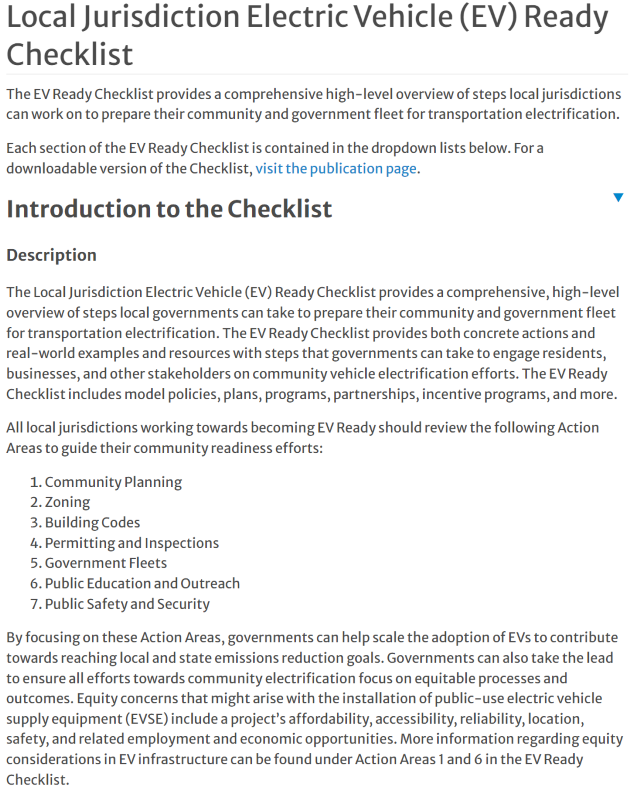Achieve Focus: Solutions For Expanding EV Charging
Serena Parve2025-03-02T18:35:50-05:00With EV adoption on the rise, the growing EV market offers utilities an opportunity to take a leadership role. This guide builds on the AchiEVe Policy Toolkit to provide a focused update on utilities’ opportunities to drive EV adoption.
